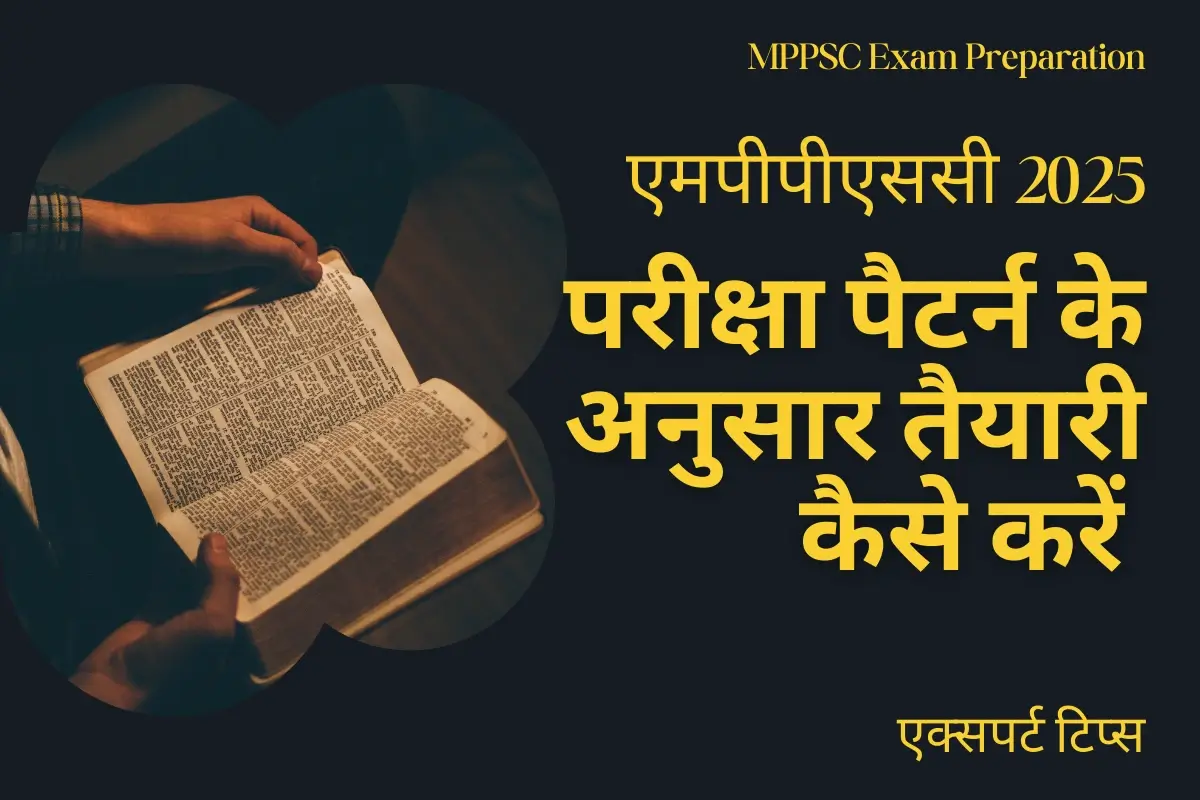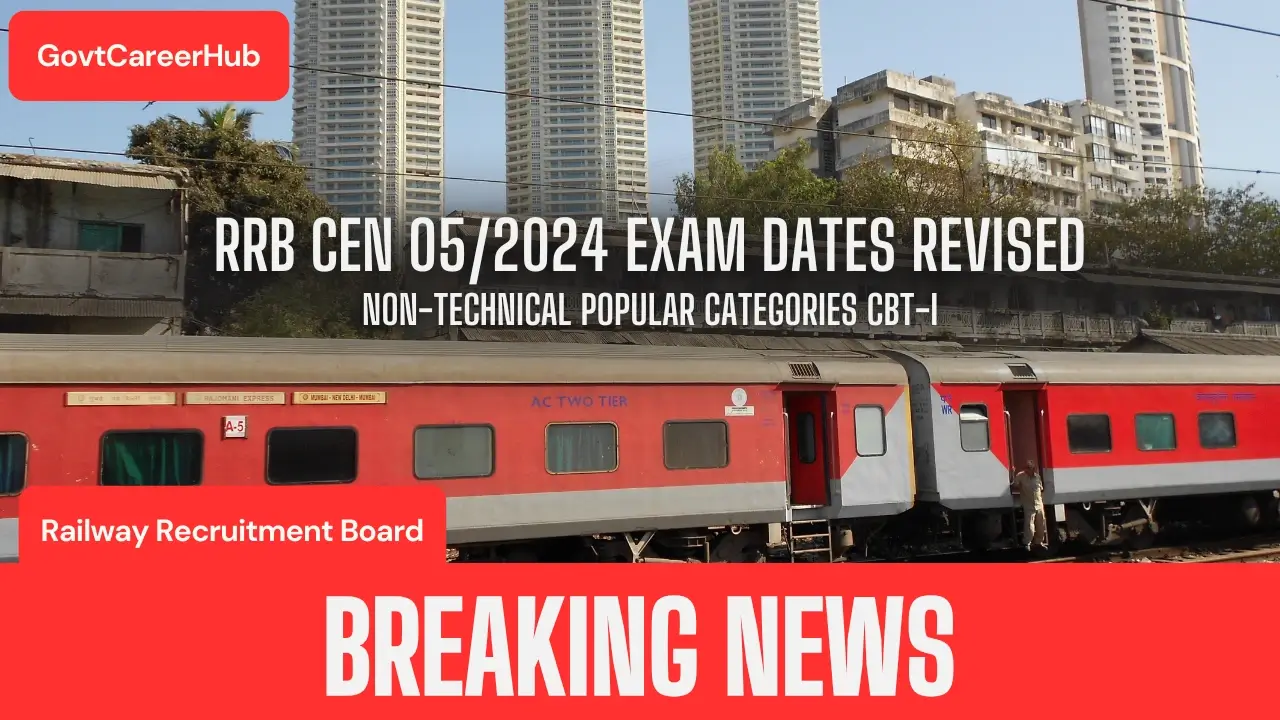Are you confused about After BSc Government Jobs for Female? The government sector offers incredible opportunities that combine job security, respect, and work-life balance – exactly what today’s ambitious women seek. With increasing women’s representation in government jobs and female-friendly policies, 2025 presents the perfect time to explore public sector careers.
Government jobs after BSc aren’t just about stability; they’re about building a meaningful career where your science background creates real impact. From research laboratories to administrative roles, the possibilities are endless for science graduates who dream big.
Why Government Jobs are Ideal for Female BSc Graduates
The appeal of government careers for women goes far beyond job security. Here’s why thousands of female BSc graduates choose this path every year:
🌟 Top 5 Benefits for Female BSc Graduates
Job Security That Actually Matters Unlike private sector volatility, government positions offer permanent employment with clear policies against arbitrary terminations. For women planning families or seeking long-term stability, this security is invaluable.
Work-Life Balance Revolution Government departments typically maintain strict working hours, provide adequate leave policies, and respect personal time. Many roles offer flexible timing options, making it easier to manage personal responsibilities alongside professional growth.
Maternity Benefits and Family Support Comprehensive maternity leave (up to 6 months), childcare facilities, and family medical coverage make government jobs particularly attractive for women. These benefits often surpass what private companies offer.
Equal Growth Opportunities Merit-based promotions and transparent evaluation systems ensure women get fair chances for advancement. Many government departments actively encourage female leadership through special training programs.
Social Respect and Impact Government roles carry inherent respect in society. As a female officer or scientist, you become a role model while contributing to national development – a combination that’s personally fulfilling.
Top Departments Offering Best Govt Jobs for Girls After BSc
The government sector spans numerous departments, each offering unique opportunities for female science graduates:
🏛️ Top Government Departments for BSc Graduates
Ministry of Health and Family Welfare Perfect for BSc Biology and Biotechnology graduates, offering roles in public health, medical research, and healthcare administration. The department actively recruits women for community health programs.
Department of Science and Technology Ideal for Physics, Chemistry, and Mathematics graduates seeking research opportunities. Women scientists are particularly encouraged in emerging fields like renewable energy and biotechnology.
Ministry of Agriculture and Farmers Welfare BSc Agriculture and Biology graduates find excellent opportunities in agricultural research, extension services, and rural development programs. Many positions involve direct community work, perfect for socially conscious graduates.
Ministry of Environment, Forest and Climate Change Environmental science graduates can contribute to conservation efforts, climate research, and sustainable development initiatives. These roles often offer field work opportunities across India’s diverse ecosystems.
Railway Recruitment Board (RRB) Technical positions for science graduates include station management, safety inspection, and engineering support roles. The Indian Railways offers excellent career progression for dedicated professionals.
Staff Selection Commission (SSC) Departments Various central government departments recruit through SSC, offering administrative and technical positions across ministries. These roles provide exposure to diverse government functions.
Competitive Exams to Prepare for: Your Gateway to Success
Success in government jobs requires strategic exam preparation. Here are the key competitive exams for female BSc graduates:
📚 Major Competitive Exams Timeline
UPSC Civil Services Examination
- Eligibility: BSc degree from recognized university, age 21-32 years
- Key Subjects: General Studies, Optional Subject (can choose science subjects)
- Opportunities: IAS, IPS, IFS, and other Group A services
- Best For: Graduates seeking top administrative positions
Staff Selection Commission (SSC) Exams
- SSC CGL: Combined Graduate Level for various Group B and C posts
- SSC CHSL: Higher Secondary Level for clerical positions
- SSC JE: Junior Engineer positions for technical graduates
- Age Limit: Generally 18-32 years with relaxations for women
Railway Recruitment Board Exams
- RRB NTPC: Non-Technical Popular Categories
- RRB JE: Junior Engineer positions
- RRB Group D: Entry-level positions
- Special Focus: Good representation of women encouraged
State Public Service Commissions
- State PSC Exams: Administrative services at state level
- Better Success Rates: Often easier than central exams
- Local Opportunities: Serve in home state with familiar culture
Banking Sector Exams
- IBPS PO/Clerk: Public sector banks
- SBI Exams: State Bank of India recruitment
- RBI Grade B: Reserve Bank of India officer positions
Category-Wise Jobs: Matching Your BSc Specialization
Your BSc specialization opens specific doors in government service. Here’s how different streams align with opportunities:
🎓 BSc Specialization Career Mapping
BSc(Biology/Life Sciences Graduates) Food Safety Officer positions in FSSAI offer excellent career prospects with starting salaries around ₹35,000-50,000. Medical Officer roles in government hospitals, though requiring additional qualifications, provide high respect and income. Research Assistant positions in ICMR (Indian Council of Medical Research) combine science with social service.
BSc(Chemistry Graduates) Drug Inspector roles in state drug control departments offer field work with good compensation. Quality Control Analyst positions in government laboratories provide stable research careers. Forensic Science Laboratory opportunities combine chemistry knowledge with criminal justice system work.
BSc(Physics/Mathematics Graduates) Scientific Officer positions in DRDO (Defence Research and Development Organisation) offer cutting-edge research opportunities. Meteorological Department roles provide weather forecasting and climate research careers. Statistical Officer positions in various departments utilise mathematical skills for policy formation.
BSc(Agriculture Graduates) Agricultural Extension Officer roles focus on farmer education and rural development. Block Development Officer positions offer administrative responsibilities in rural areas. Research roles in agricultural universities combine academic pursuit with practical farming solutions.
BSc(Computer Science Graduates) Programmer positions in NIC (National Informatics Centre) offer technology careers in the government. Data Entry Operator roles provide entry-level opportunities with growth potential. System Administrator positions in various departments maintain the government IT infrastructure.
Job Profiles and Daily Responsibilities
Understanding day-to-day responsibilities helps you choose the right career path:
Administrative Officer Roles Daily tasks include file management, policy implementation, public interaction, and interdepartmental coordination. These positions require strong communication skills and decision-making abilities. Work involves both desk duties and field visits, providing varied experiences.
Scientific Officer Positions Laboratory work, research project management, data analysis, and report preparation form core responsibilities. These roles often involve collaboration with research institutions and international organizations. Publication of research findings and conference presentations enhance career growth.
Field Officer Duties Direct community interaction, program implementation, data collection, and progress monitoring characterize field positions. These roles suit graduates who prefer active, people-oriented work over desk jobs. Travel within assigned areas is common, offering diverse experiences.
Technical Support Roles Equipment maintenance, technical consultation, training program conduct, and safety protocol implementation define technical positions. These jobs combine theoretical knowledge with practical application, perfect for hands-on learners.
Pay Scale and Growth Opportunities: Financial Security Meets Career Advancement
Government job compensation extends beyond basic salary, creating comprehensive financial packages:
💰 Government Job Salary Structure
Basic qualification required
Graduate qualification
Leadership roles
Entry-Level Salary Ranges Group C positions typically start at ₹19,900-35,400 per month, while Group B roles begin around ₹35,400-56,100. Group A positions, accessible through UPSC, start at ₹56,100-1,77,500. These figures exclude allowances and benefits that significantly increase take-home pay.
Allowances and Benefits Dearness Allowance (DA) adjusts salary for inflation, currently adding 38% to basic pay. House Rent Allowance (HRA) ranges from 8-24% based on city classification. Medical benefits cover entire families, while Leave Travel Concession (LTC) provides vacation funding.
Career Progression Timeline Most government positions offer promotions every 5-7 years based on performance and seniority. Administrative roles can progress from Assistant to Deputy Secretary level over 15-20 years. Technical positions advance from Junior Scientific Officer to Principal Scientific Officer with corresponding salary increases.
Retirement Benefits Government employees receive pension, gratuity, and provident fund benefits ensuring financial security post-retirement. These benefits often match or exceed private sector packages, providing long-term financial planning advantages.
Comparison Table: Major Government Job Opportunities
| Job Role | Department | Exam | Qualification | Starting Salary | Special Benefits for Women |
| Food Safety Officer | FSSAI | Direct Recruitment | BSc with Chemistry/Biology | ₹35,400-112,400 | Flexible field work timing |
| Scientific Officer | DRDO | DRDO Entry Test | BSc Physics/Chemistry/Math | ₹56,100-177,500 | Research sabbaticals |
| Agricultural Extension Officer | State Agriculture Dept | State PSC | BSc Agriculture | ₹25,500-81,100 | Rural posting allowances |
| Drug Inspector | State Drug Control | State-level exam | BSc Chemistry/Pharmacy | ₹35,400-112,400 | Investigation travel benefits |
| Assistant Section Officer | Various Ministries | SSC CGL | Any BSc degree | ₹35,400-112,400 | Delhi posting preference |
| Junior Scientific Officer | Various Labs | CSIR-NET/GATE | BSc with qualifying exam | ₹35,400-112,400 | Research publication bonus |
| Block Development Officer | Rural Development | State PSC | Any BSc degree | ₹35,400-112,400 | Community impact roles |
| Statistical Investigator | Statistics Departments | SSC CGL | BSc Statistics/Math | ₹35,400-112,400 | Data analysis projects |
How to Start Preparation: Your Success Roadmap
Strategic preparation makes the difference between success and multiple attempts. Here’s your step-by-step guide:
🎯 12-Month Preparation Roadmap
Phase-1: Foundation Building (Months 1-3) Begin with NCERT books from classes 6-12 to build strong basics. Focus on your BSc subjects as they’ll be your strength areas. Create a study schedule allowing 6-8 hours daily with breaks for physical activity and relaxation.
Phase-2: Comprehensive Study (Months 4-8) Standard reference books become crucial now. For General Studies, use Laxmikant for Polity, Spectrum for Modern History, and current affairs magazines. Practice previous year questions to understand exam patterns and difficulty levels.
Phase-3: Mock Tests and Revision (Months 9-12) Take weekly mock tests to build exam temperament and time management skills. Identify weak areas and focus revision accordingly. Join online test series for better assessment and comparison with other aspirants.
Daily Study Routine Suggestions Morning hours (6-10 AM) work best for reading comprehension and new topic learning. Afternoon sessions (2-6 PM) suit practice questions and revision. Evening time (7-9 PM) is perfect for current affairs and light reading.
Top Preparation Resources Online platforms like Unacademy, BYJU’S, and Vision IAS offer comprehensive courses. Offline coaching institutes in Delhi, like Vajiram & Ravi or Chanakya IAS Academy, provide structured guidance. YouTube channels offer free quality content for budget-conscious students.
Study Group Benefits Joining study groups, especially women-only groups, provides motivation and support. Share resources, discuss difficult topics, and maintain consistency through peer pressure. Online forums and WhatsApp groups connect you with like-minded aspirants.
Smart Preparation Tips for Female Candidates
Female aspirants face unique challenges that require specific strategies:
💪 Smart Tips for Female Aspirants
Time Management with Personal Responsibilities Create realistic study schedules considering household duties and family commitments. Use travel time for revision and audio lectures. Seek family support by explaining career goals and their long-term benefits.
Confidence Building Strategies Join women’s forums and mentorship programs for guidance from successful female officers. Practice mock interviews focusing on typical questions asked to female candidates. Build subject expertise to handle any technical queries confidently.
Health and Wellness During Preparation Maintain regular meal timings and adequate sleep for optimal brain function. Include physical exercise to manage stress and maintain energy levels. Practice meditation or yoga for mental clarity and concentration improvement.
Financial Planning for Preparation Budget for books, online courses, and test series over 12-18 months. Consider part-time tutoring or freelance work to support preparation expenses. Look for scholarships and fee waivers offered by coaching institutes for meritorious students.
Frequently Asked Questions
Your Journey to Government Service Starts Now
The path to secure government jobs for girls after BSc isn’t just about clearing exams – it’s about building a career that offers respect, security, and the opportunity to serve the nation. Every successful female officer started exactly where you are today, with determination and a clear vision.
The government sector needs bright, educated women who can bring fresh perspectives to traditional challenges. Your BSc degree isn’t just a qualification; it’s your ticket to joining thousands of women who’ve transformed their lives through government service.
Remember, the best time to start your preparation was yesterday. The second-best time is now. Whether you choose the prestigious UPSC path or the practical SSC route, your success depends on consistent effort and smart preparation.
Ready to transform your career? Visit govtcareerhub.com for the latest exam notifications, preparation strategies, and success stories from women who’ve made it. Subscribe to our newsletter for weekly updates on new opportunities, study materials, and expert guidance tailored specifically for female government job aspirants.
Your dream government job is waiting. Take the first step today – your future self will thank you for the decision you make right now.
Read Also:
- BSc Nursing Admission 2025: Complete Guide to AFMS Colleges Application Process
- Government Jobs After BSc Biology: Complete Career Guide for 2025
- Top 7 High Salary Govt Jobs After 12th Science – Start Earning Without a Degree!
- SSC CGL Preparation Strategy for Beginners 2025 [Complete Guide with Study Plan & Expert Tips]







